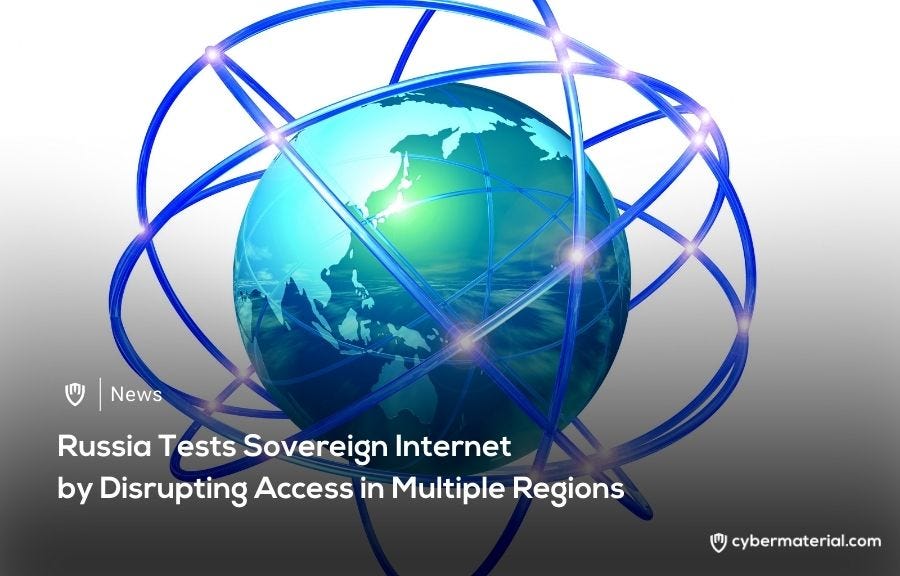
Russia recently initiated tests of its “sovereign internet” infrastructure, disrupting internet access in several regions, including Chechnya, Dagestan, and Ingushetia. The disruptions, which lasted …

Russia recently initiated tests of its “sovereign internet” infrastructure, disrupting internet access in several regions, including Chechnya, Dagestan, and Ingushetia. The disruptions, which lasted …